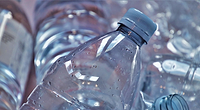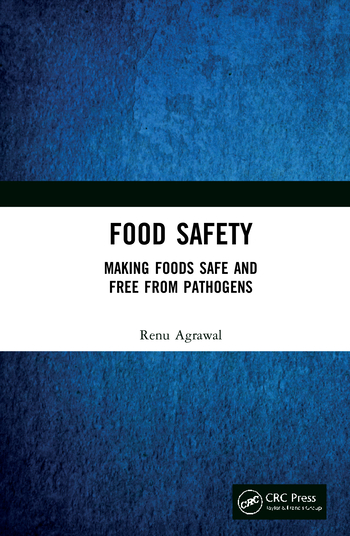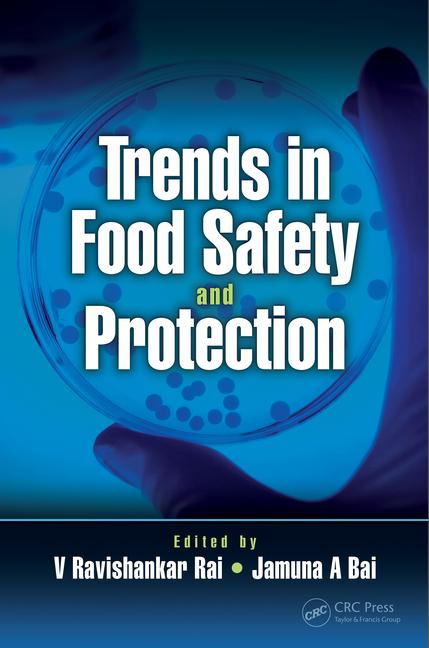Consumer Advocates Urge EFSA to Set Maximum Levels for Toxic Acrylamide in Foods

Image credit: Bermix Studio via Unsplash
Brussels-based consumer watchdog group Safe Food Advocacy Europe (SAFE) recently published a position paper calling upon the European Food Safety Authority (EFSA) to set legally binding limits for contaminant acrylamide in foods, and is launching an awareness campaign to bring the issue of acrylamide into the public eye and onto the political agenda.
According to EFSA, acrylamide may be neurotoxic, genotoxic, carcinogenic, and damaging to reproductive and developmental health. Studies have also linked the contaminant to specific cancers, such as breast cancer. Although the European Commission acknowledged the need to set maximum limits for acrylamide in certain foods in EU Regulation 2017/2158, such levels have not yet been established.
Acrylamide is found in starchy, processed foods like crisps/chips, cookies/biscuits, and breakfast cereals. Testing by consumer advocacy groups found one-third of biscuits and wafers to exceed acrylamide benchmark levels. Additionally, studies found that, on average, crisps made of carrots, beetroots, or parsnips contained almost twice as much acrylamide as potato varieties, even though the alternative crisps were often perceived as healthier options. Moreover, the 2023 CVUA Stuttgart study also showed that a significant number of food products often exceed acrylamide benchmarks; specifically, French fries, potato chips, wheat-based breads, crispbread, instant coffee, gingerbread, crackers, cornflakes, and breakfast cereals. For these foods, 5–15 percent of all products tested were above European Commission acrylamide benchmarks.
Scientific literature has concluded that there is a need to reduce acrylamide concentrations in baked goods by changing industry-standard methods, including baking at lower temperatures or using alternative baking techniques.
In light of the health risks of acrylamide and its problematic presence in certain foods, SAFE is calling upon EFSA to:
- Define legally binding maximum levels for acrylamide in all high-risk food categories, such as potato crisps, breakfast products, and French fries
- Establish legally binding maximum levels for acrylamide in baby foods well below the value of 50 micrograms per kilogram (μg/kg), as studies suggest that achievable acrylamide levels in baby foods could be as low as 1 μg/kg
- Establish legally binding maximum levels for acrylamide in biscuits and other foods intended for babies and young children, well below the value of 150 μg/kg
- Lower the benchmark level for breakfast cereal products consumed by children below 3 years of age
- Include additional food categories in the regulation of acrylamide levels, such as roasted nuts and vegetable crisps.
Looking for a reprint of this article?
From high-res PDFs to custom plaques, order your copy today!









